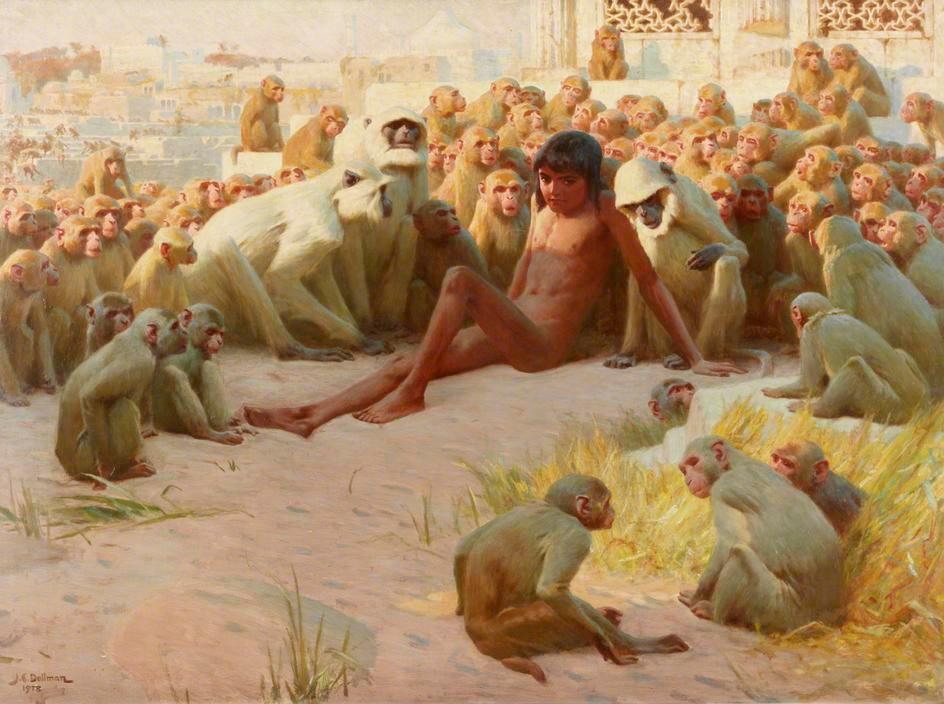Math is not often associated with poetry, but it should be. “Poetry,” from the Greek “poiesis,” meaning “to make,” is a language art that makes connections between the physical realities, while mathematics manipulates the metaphysical principles that govern them. Poetry helps us see that the quantitative functioning of matter is not all that matters, and whenever they go hand in hand, poetry and mathematics have a rare power to lay beauty bare.
One of the original mathematicians was the ancient Greek, Euclid, whose “Elements” is the backbone of geometry and number theory. It also provides a point of departure for logic and many other scientific systems. His treatise is beautiful indeed, and the American lyrical poet Edna St. Vincent Millay captured something about the beauty of Euclid’s mathematics and mathematics in general.
Euclid alone has looked on Beauty bare. Let all who prate of Beauty hold their peace, And lay them prone upon the earth and cease To ponder on themselves, the while they stare At nothing, intricately drawn nowhere In shapes of shifting lineage; let geese Gabble and hiss, but heroes seek release From dusty bondage into luminous air. O blinding hour, O holy, terrible day, When first the shaft into his vision shone Of light anatomized! Euclid alone Has looked on Beauty bare. Fortunate they Who, though once only and then but far away, Have heard her massive sandal set on stone.Here is celebrated in verse the glories of the mathematical perspective. This poem seeks to wake those bound up in a narcissistic, goose-gabbling, self-important trance and enter the luminous vision that Euclid had. He saw the magnificent patterns in which the world has been constructed. To those who learn to share this awe-inspiring vision, St. Vincent Millay gives the title of “heroes,” whose initial blindness in that shaft of the light of truth melts away to reveal the secrets of Beauty.





